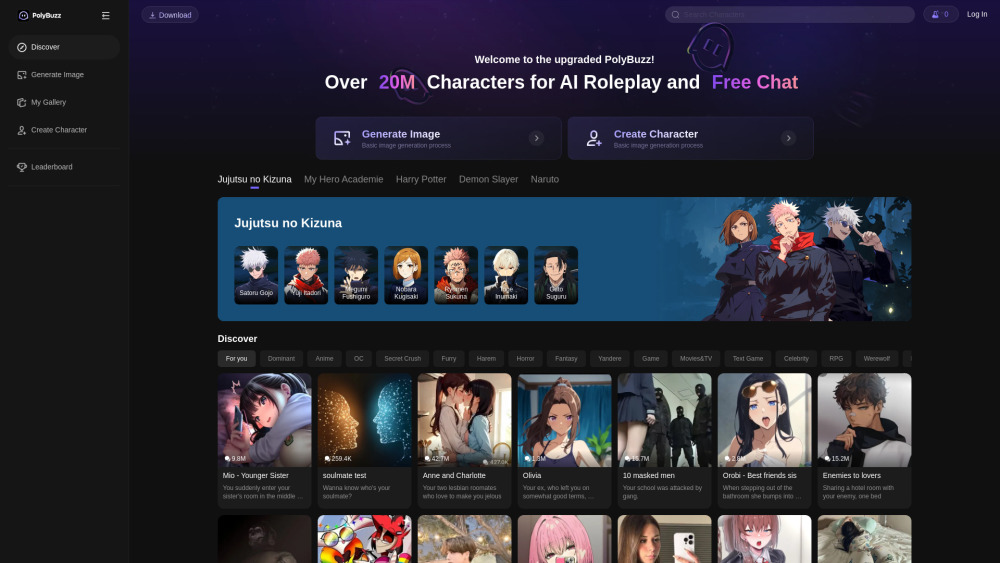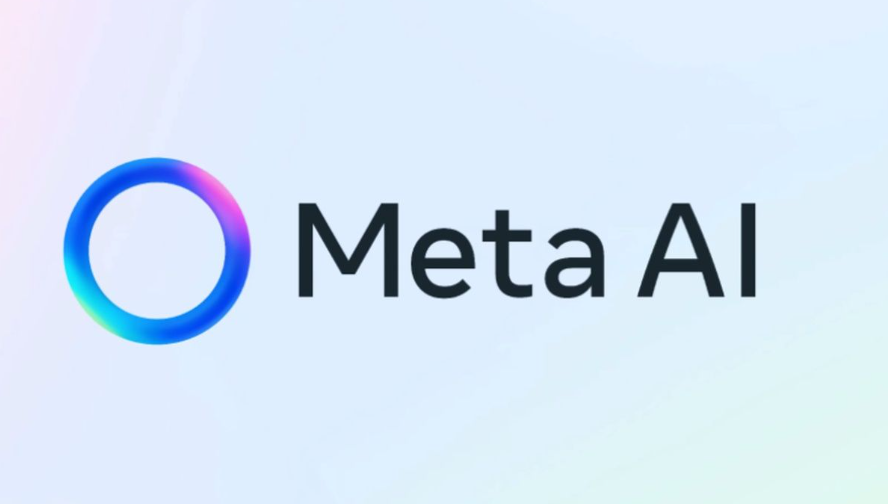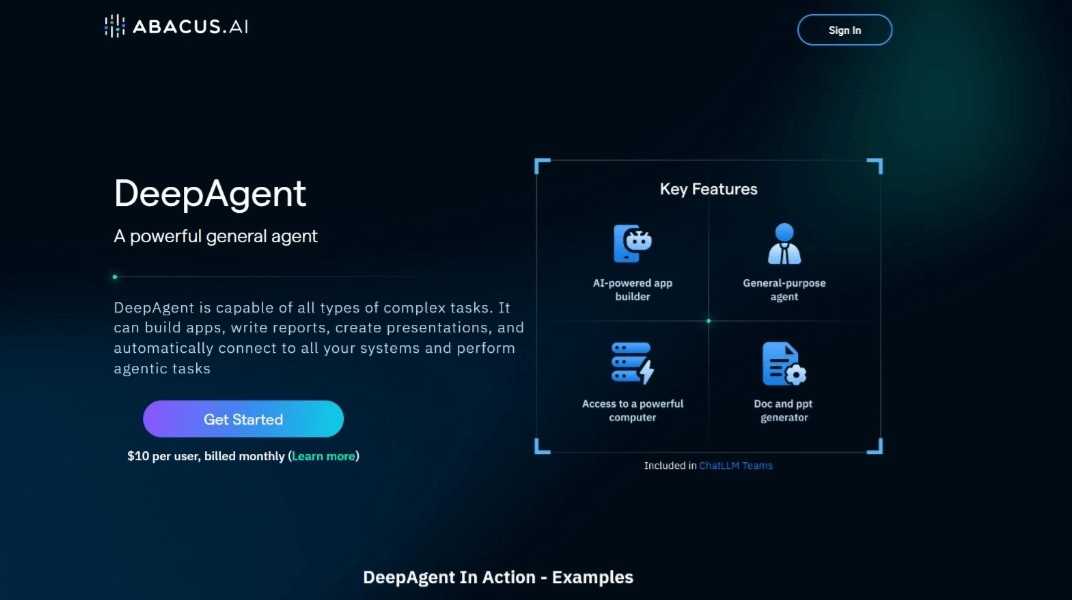
What is Camel AGI?
Camel AGI is a hypothetical framework for building and deploying large language model (LLM)-based agents that can communicate and collaborate with each other in real time. It envisions a system where multiple specialized agents, each with unique capabilities and knowledge domains, can interact dynamically to achieve complex tasks. This interaction would involve agents exchanging information, requesting assistance, and coordinating their actions to produce a coherent and effective outcome. The "Camel" aspect likely refers to a modular and adaptable architecture, allowing for the seamless integration of diverse agents and functionalities. Unlike monolithic LLMs, Camel AGI emphasizes distributed intelligence and specialized expertise.
Core functions
Real-time agent communication: Agents exchange information and collaborate synchronously.
Task decomposition and delegation: Complex tasks are broken down and assigned to specialized agents.
Agent specialization: Each agent possesses a specific skill set or knowledge base.
Dynamic task allocation: Agents negotiate and adapt their roles based on evolving task requirements.
Context management: Agents maintain and share relevant information throughout the interaction.
Multi-modal input/output: Agents can handle various input types (text, images, etc.) and produce diverse outputs.
Use cases and applications
Collaborative problem-solving: Multiple agents work together to find solutions to complex problems.
Automated workflows: Agents automate tasks across different systems and domains.
Intelligent assistants: Agents provide personalized assistance and support.
Decentralized decision-making: Agents collectively make decisions based on shared information and expertise.
Complex data analysis: Agents process and interpret diverse data sources to generate insights.
Example Agent Chat (Topic: Planning a Vacation)
Agent 1 (Travel Planner): "Okay, team. User wants a 7-day vacation to Europe, budget $2000, interests include history and food. Who wants to handle flight booking?"
Agent 2 (Flight Booker): "I'll take flights. Checking options now. Considering budget airlines and potential layover destinations."
Agent 3 (Hotel Finder): "I'll find hotels. Need to know preferred locations from the Travel Planner to focus my search."
Agent 1 (Travel Planner): "Agent 2, prioritize flights to Rome or Paris. Agent 3, focus on hotels in those cities with good reviews and proximity to historical sites."
Agent 2 (Flight Booker): "Got it. Found some flights to Rome with budget airlines, around $500 round trip."
Agent 3 (Hotel Finder): "I've found a few 3-star hotels in Rome near the Colosseum and Pantheon, ranging from $80-$100/night."
Agent 1 (Travel Planner): "Excellent. Let's now find restaurants…"







